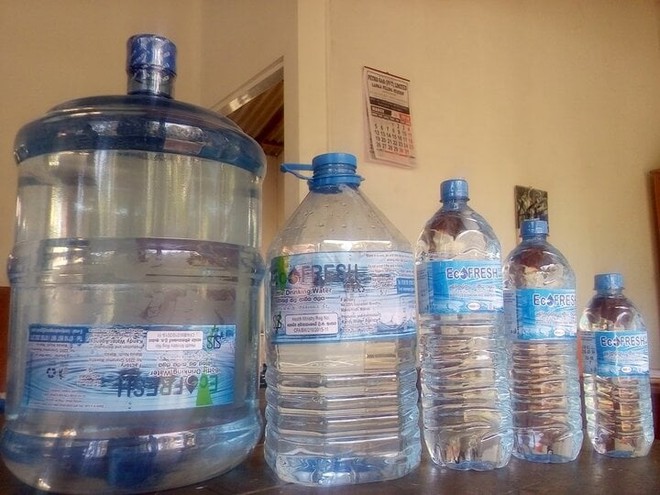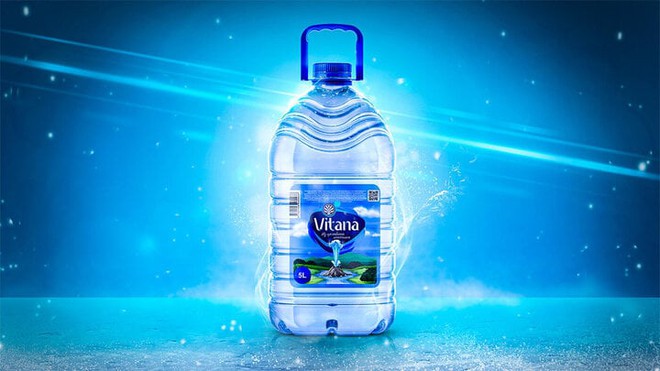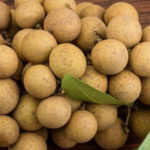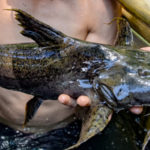Bottled water is a popular product in today’s world, prized for its convenience, especially for group consumption. However, safety is a concern, and a common question is how long bottled water can be stored once opened.
How long does bottled water last?
While sealed bottles can be safely consumed for years, opening the container significantly reduces its shelf life. When exposed to air, the surrounding environment, and contact with hands and mouths, the water is no longer sterile.
Generally, the shelf life of bottled water or mineral water is one year, but the storage time after opening is relatively short. It is not advisable to consume it beyond this period.

How long can bottled water be stored after opening? (Photo: Svauto)
As a rule of thumb, unopened bottled water, when stored properly, will last about six months. If the water is from a natural source, there’s no need to worry about expiration dates, but treated water is best consumed within six months. This is because carbon dioxide in the air will react with the water, making it acidic over time.
So, six months is the ideal period for bottled water to maintain its quality and safety for consumption. Beyond this, the water’s quality will deteriorate, and it may become unhealthy.
Once opened, bottled water has a maximum shelf life of 15 days, but it’s best consumed within a week. When the seal is broken, the water is exposed to air and susceptible to bacterial contamination. Prolonged storage may result in bacterial and viral infections, leading to unpleasant odors and potential health risks.
Mineral water, once opened, should be consumed as quickly as possible to ensure maximum purity. If necessary, store opened bottles in the refrigerator to slow bacterial growth. According to experts at Still Tasty, continuously chilled water can maintain its quality for four to six days after opening.
Proper Bottled Water Storage

The shelf life of bottled water depends largely on storage conditions and methods. Improper storage will reduce the shelf life to less than six months. (Photo: Elkelindenthal.de)
The shelf life of bottled water largely depends on storage conditions and methods. Improper storage will reduce the shelf life to less than six months.
Bottled water should be stored in a cool, dry place, away from direct sunlight. Heat can cause the water to become warm, and harmful chemicals from the bottle may leach into the water.
Ensure the storage area is well-ventilated, clean, and free from standing water to prevent bacterial reinfection.
Always read the usage instructions and expiration dates to ensure you’re consuming the highest quality water.
Advantages and Disadvantages of Bottled Water
Bottled water is a convenient way to provide water for individuals, restaurants, and cafes. It is packaged in bottles or jugs for easy transportation, storage, and consumption.
Advantages
– Bottled water is highly convenient. It’s readily available at grocery stores and water distributors for immediate consumption without the need for additional filtration.
– Bottled water is easy to transport due to its pre-packaged nature.
– Various types of bottled water are available, including mineral water and purified water, in different volumes ranging from 5 to 20 liters, catering to diverse preferences and needs.
However, not all bottled water on the market is genuinely clean and safe for direct consumption. It’s essential to choose reputable brands to ensure the best quality. Avoid unlabeled products or those with suspiciously low prices.
Disadvantages
– Quality may be uncertain: Water from reputable brands undergoes rigorous filtration and meets hygiene standards. However, many bottled water businesses operate without adhering to sanitary guidelines, producing water that is unsafe for direct consumption, which is challenging for consumers to identify.
– Costly: Providing bottled water for large groups or families over an extended period can be expensive.
– Environmental impact: Bottled water contributes significantly to plastic waste, affecting the environment if not properly recycled or disposed of.


































